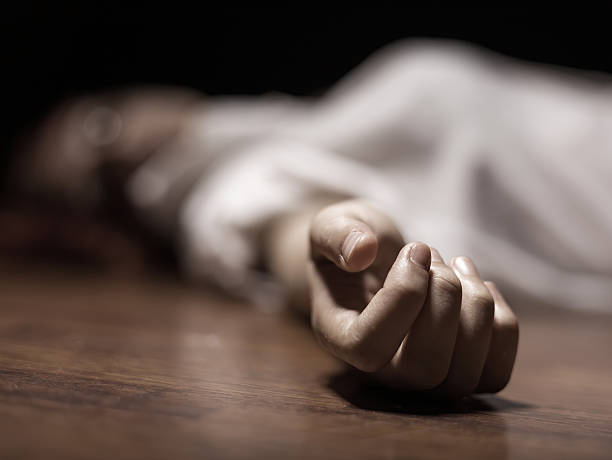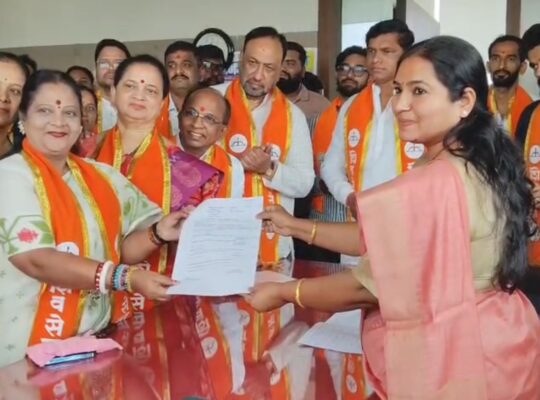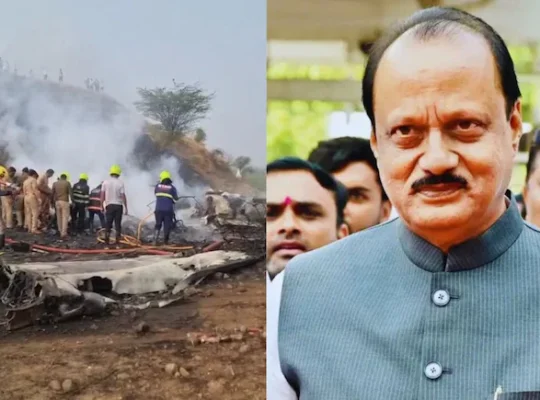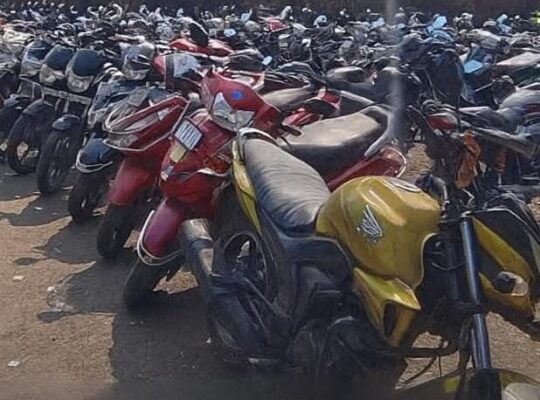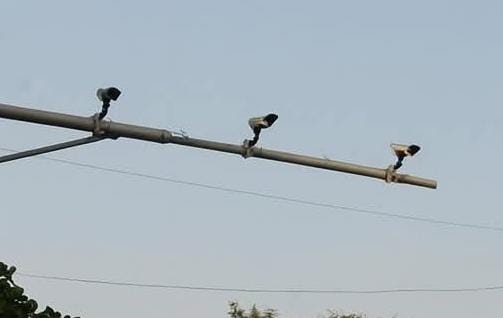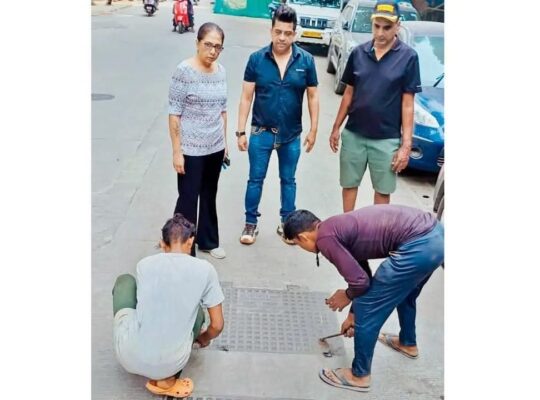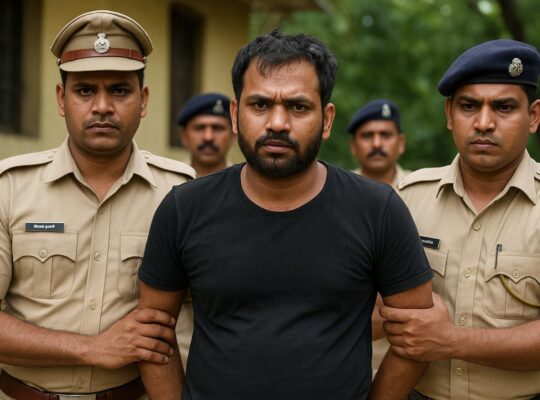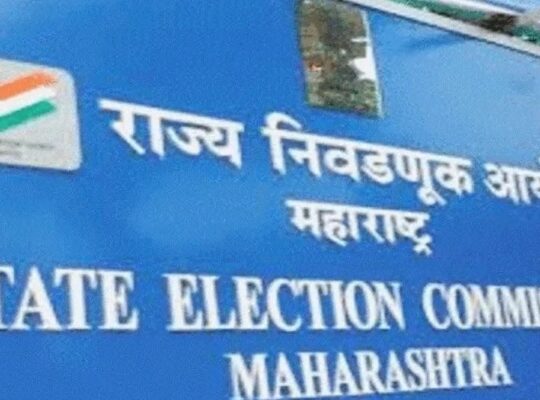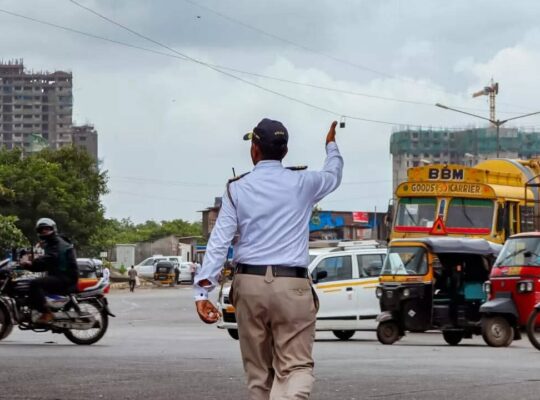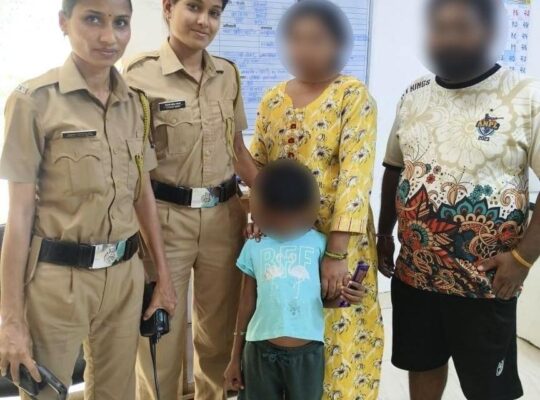Mumbai, June 9, 2025 — A grim Monday morning turned catastrophic for commuters on Mumbai’s Central Railway line as at least eight lives were lost—among them a GRP constable—after a harrowing incident on the local train route between Mumbra and Diva. What should’ve been just another daily ride for thousands turned into a nightmare, when passengers, crammed into an overcrowded train, reportedly fell onto the tracks while a second train passed on the adjacent line.
The visuals were chilling, the silence that followed even more haunting.
Deputy Chief Minister Ajit Pawar didn’t mince his words. He directly held Indian Railways responsible for what he called a predictable and preventable tragedy. According to him, the overcrowding that plagues Mumbai’s suburban network every single day has been ignored for too long. While automatic doors on local trains are being considered as a safety measure, Pawar admitted that implementing them at high-footfall stations remains a logistical challenge.
Chief Minister Devendra Fadnavis called the incident “very unfortunate” and ordered an immediate formal inquiry, while Deputy CM Eknath Shinde announced the formation of a high-level committee to look into what exactly went wrong. Both leaders assured families of the deceased and injured that compensation and assistance would follow.
Among those who lost their lives were young men with their whole futures ahead of them—Ketan Saroj, Rahul Gupta, Mayur Shah—and a dedicated Government Railway Police officer, Vicky Mukhyad. Between six and thirteen others were rushed to nearby hospitals with critical injuries.
What makes this tragedy harder to digest is that it’s not the first of its kind. It’s not even the hundredth. Activists, commuter groups, and opposition parties have long sounded the alarm about the daily chaos on Mumbai’s rail lines. On June 9, that chaos turned deadly again.
The shockwaves reached Parliament and political corridors across the state. Shiv Sena MP Naresh Mhaske demanded a detailed probe into whether pushing, panic, or a scuffle led to the fall. Supriya Sule and Vidya Chavan from the NCP-SP echoed what millions of Mumbaikars already feel—that a city this vast, this vital to the nation, deserves better crowd control systems and faster emergency response mechanisms.
Former MPs Rajan Vichare and Vijay Wadettiwar joined Congress spokesperson Pawan Khera in calling this a failure of governance and infrastructure. They argued that these deaths weren’t just accidents—they were the result of years of policy neglect.
Even as families mourn and survivors recover, the questions keep piling up. How many more lives must be lost before systemic change arrives? Why, in one of India’s most advanced cities, are people still dying just trying to get to work?
This wasn’t just an accident. It was a wake-up call—one the city can no longer afford to hit snooze on.

